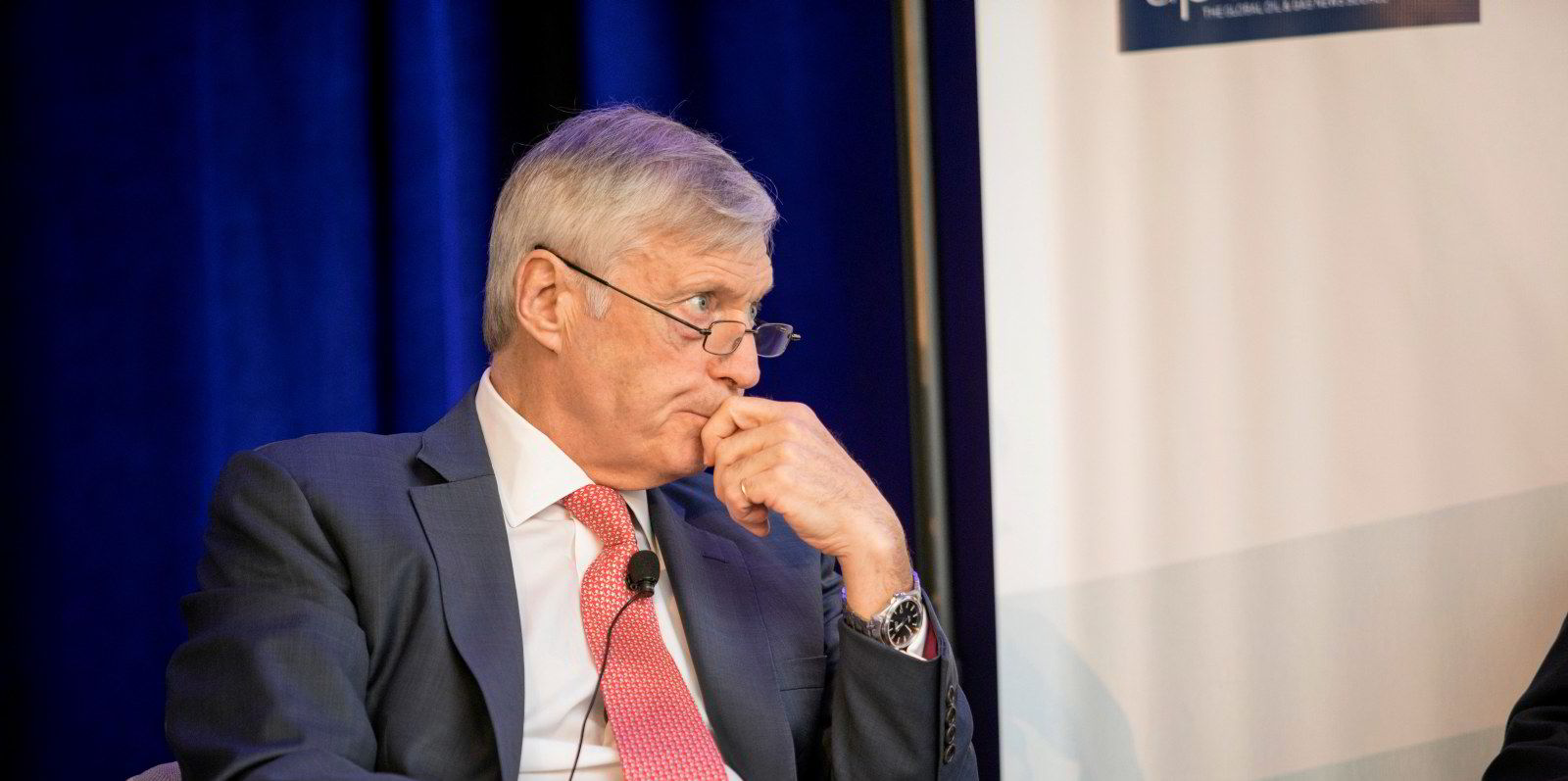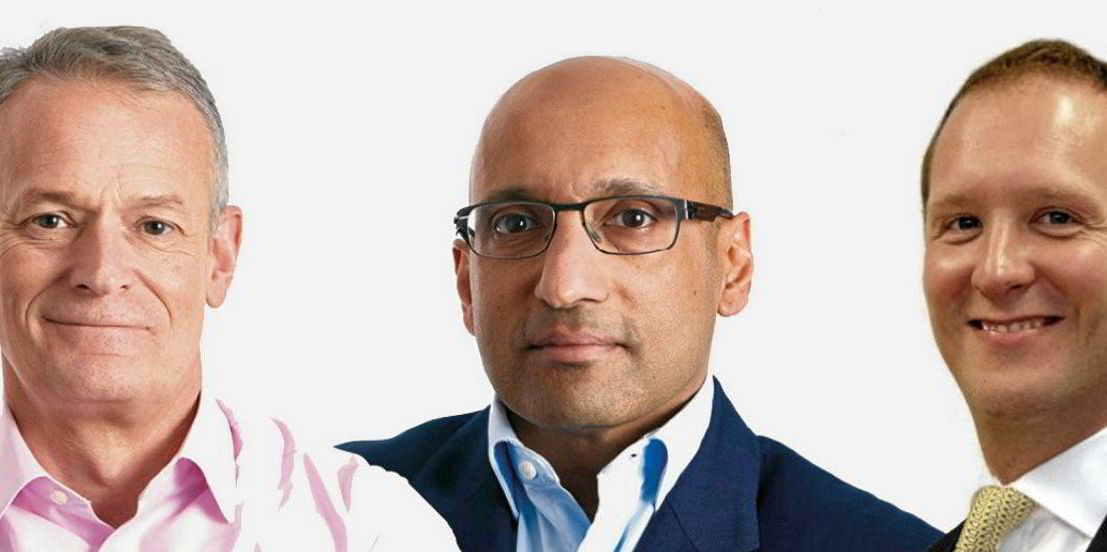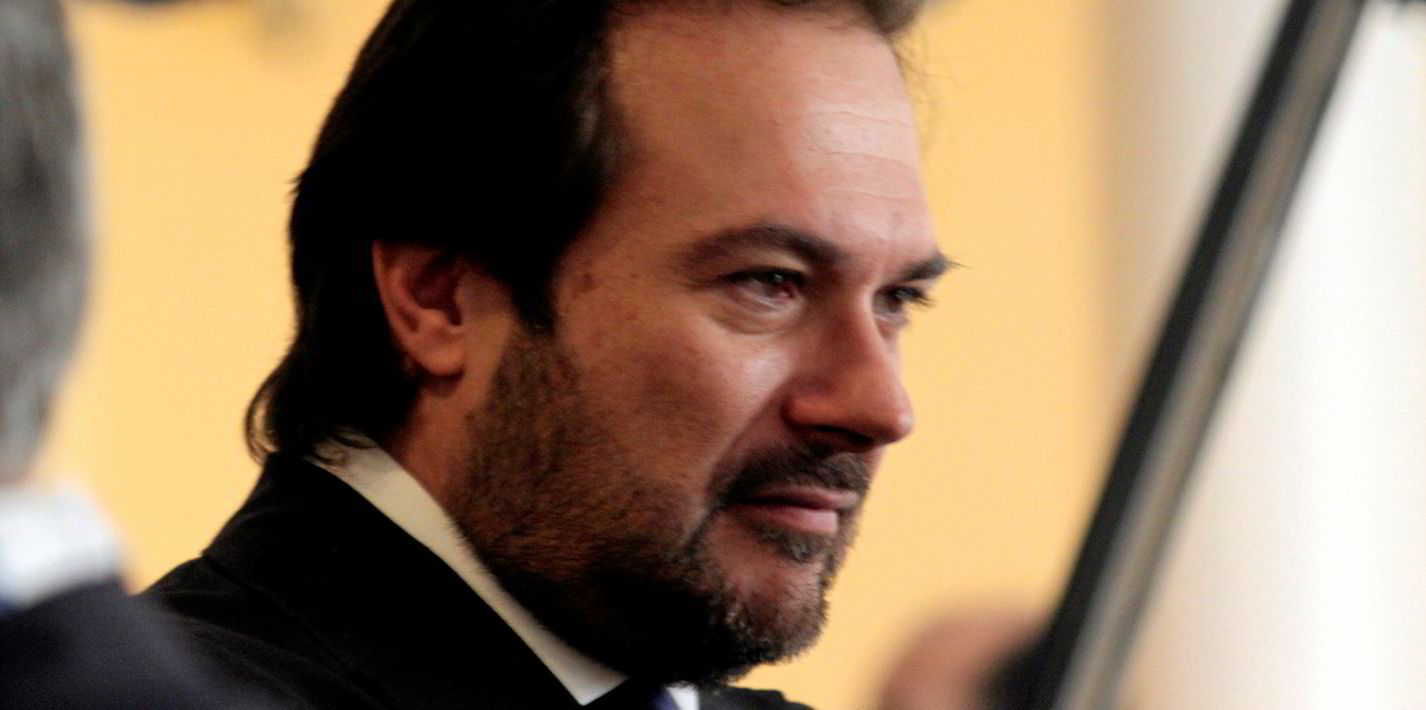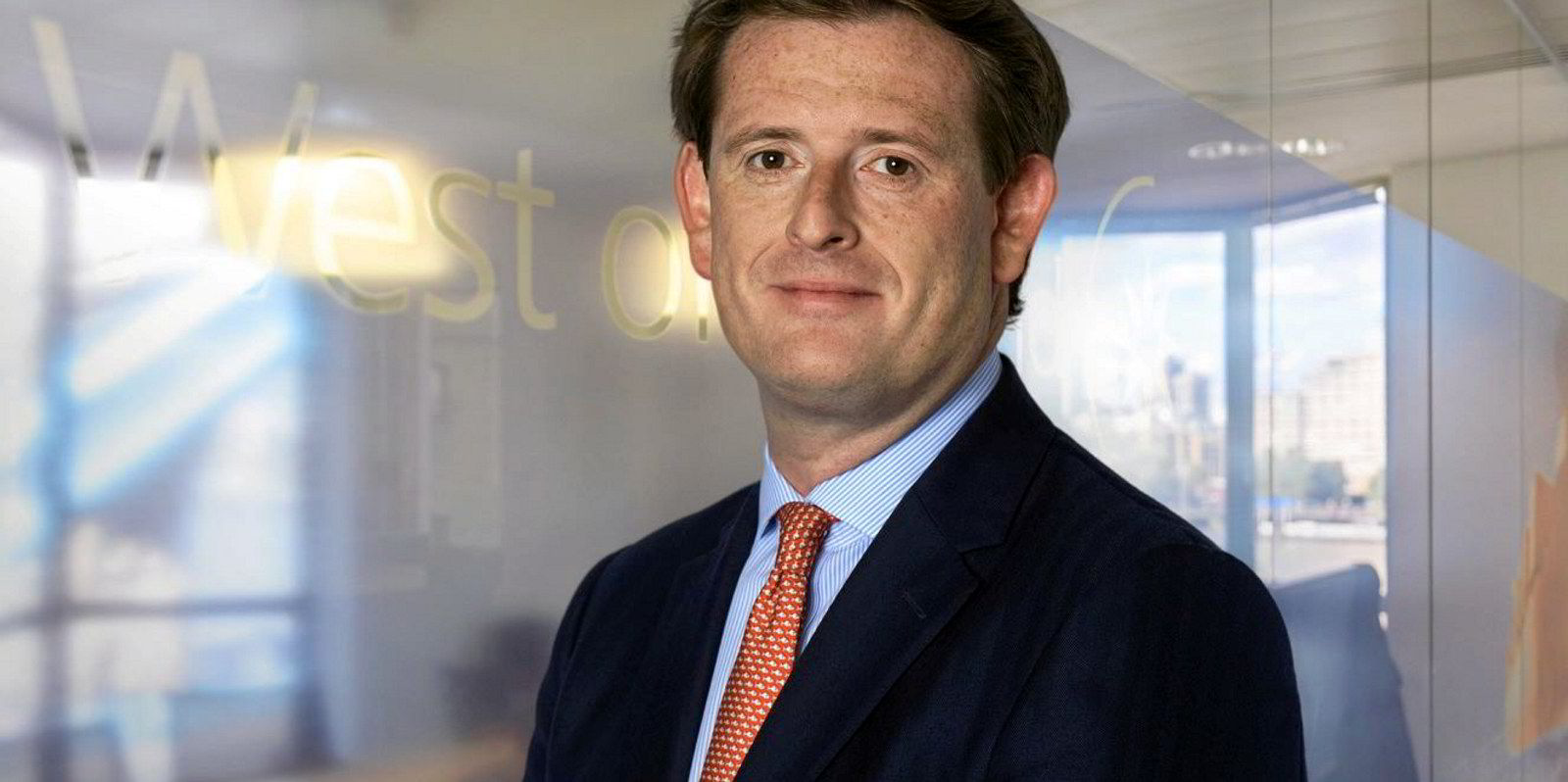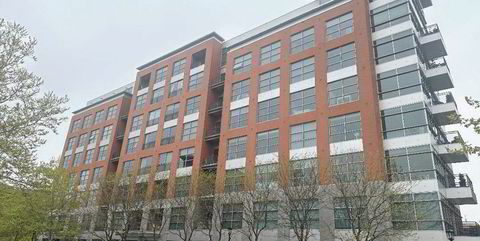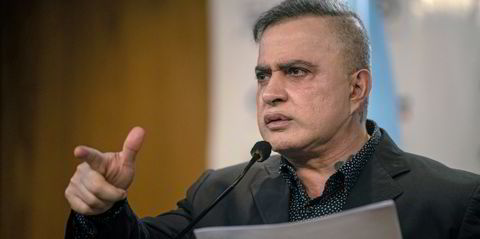Over the past decade, protection and indemnity insurers have been expanding outside of their mainstream mutual business to develop additional income sources.
The moves have, at times, been criticised by brokers for using up shipowner members' money for very little end result, or even for being a drain on resources.
The New-York based American Club — one of the smaller P&I clubs — thinks it has found the right approach through its fixed premium company Eagle Ocean Marine (EOM).
Fixed premium business generally involves smaller, specialised vessels with rates determined by the commercial market rather than swayed by the profit and loss of a mutual. Entering the market has become a popular way for P&I clubs to expand.
EOM has now been in business for 11 years and has generated a cumulative $70m-worth of premium. Steady year-on-year growth saw revenue peak at $17m in 2020.
Over that time, the net loss ratio has been 74%, indicating the business has overall been running comfortably within the 100% break-even figure.
EOM's income has made a welcome contribution to the American Club balance sheet at a time its mutual business is recording underwriting losses.
So why is the fixed premium profitable when the P&I mutual businesses are generally struggling?
American Club chief executive Joe Hughes said it has been easier to price risk better in the fixed premium market, compared with the mutual market, where the interests of shipowner members are taken into consideration.
Take it or leave it
“We have been deliberately very prudent in the acceptance of risk at EOM,” Hughes said.
“We are very anxious to achieve rating and service sustainability, and the only way to do that is to be very careful about how you rate risk and also how you select it. You also have to take it or leave it, if you don’t get the right rate for a prospective piece of business then you just leave it.”
EOM gets most of its business from China and South Asia, regions that have generally generated low claims.
American Club deputy chief operating officer Dorothea Ioannou also said that EOM has stayed out of potentially high-claims sectors such as passengerships.

The fixed premium market has been characterised by consolidation recently, with Thomas Miller Specialty buying up a number of major providers. It dominates the market, alongside providers such as British Marine and MS Amlin.
Brokers suggest there is now increasing pressure on smaller operators such as EOM to grow and keep pace with the market's leading players.
Major fixed premium provider Lodestar Marine recently stopped writing new business as it struggled to contend with consolidation moves. Its book was eventually taken over by Thomas Miller.
Priority on profits
Hugues’ view is that EOM's priority should be on profits rather than size. And he believes EOM is one of the better performers in the fixed premium market in terms of profitability.
He said his strategy for the business was recently supported by EOM's long-term reinsurers in the Lloyd's of London and wider London company market.
Although the American Club covers EOM’s risk with its own financial resources, it reinsures a lot of the exposure in London to protect the mutual.
“Quality wise, and in terms of overall results, I like to believe, certainly by reference to the support we’ve had from our reinsurers over recent years, that we are probably at the better end of the market in terms of profit,” Hughes said.
The pressure to grow the business, just to keep pace with others, is not a consideration Hughes insisted.
“The guiding principle of what we do at EOM is the interests of the American Club mutuality. The profit that it makes are a benefit for the mutual. But, expansion in circumstances where it might prejudice those interests, that will never be on the agenda," he said.
"So far, as it’s going well, and we are pricing the right risk, we will continue in this fashion, but we are not, and never will be, motivated simply by market share."
